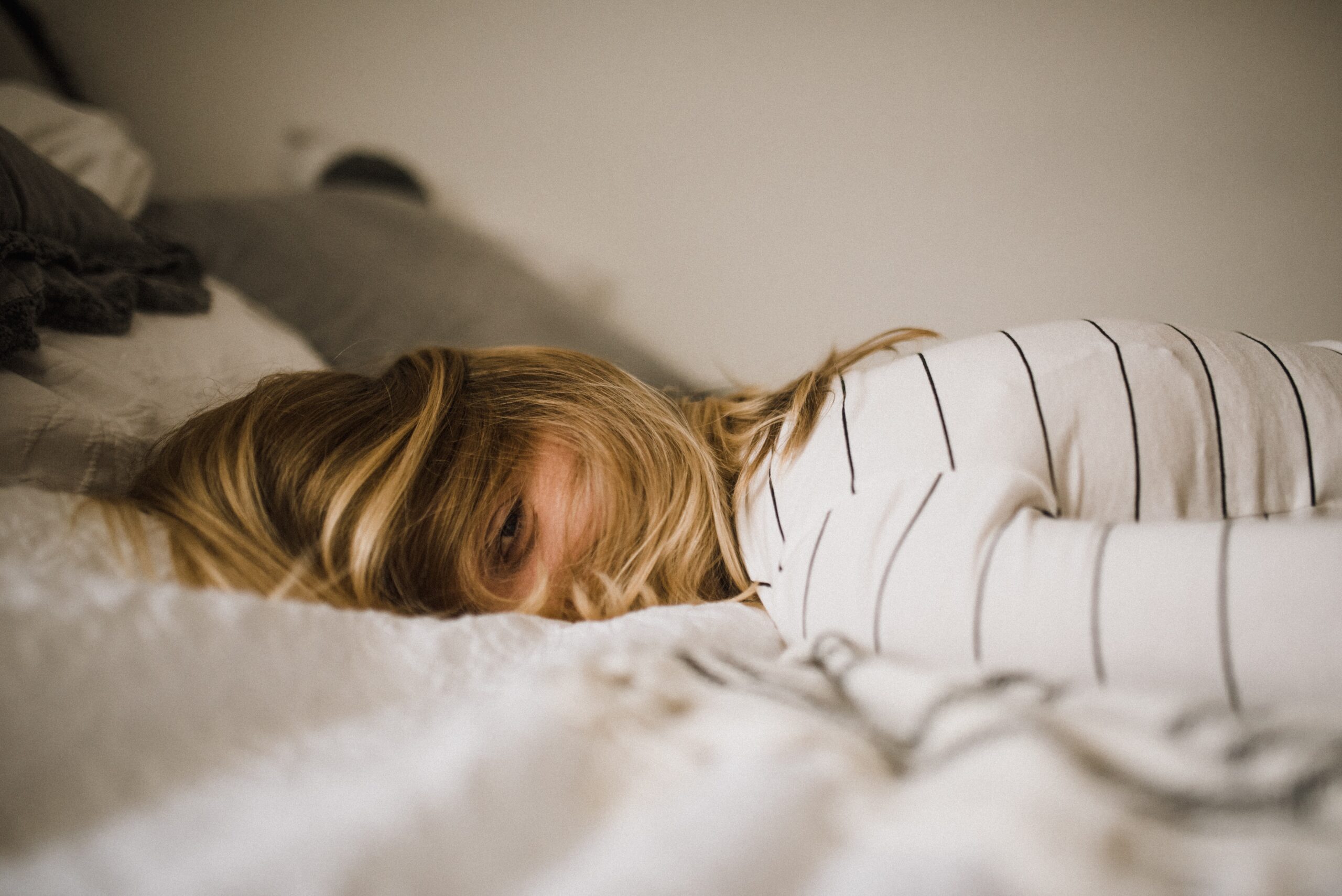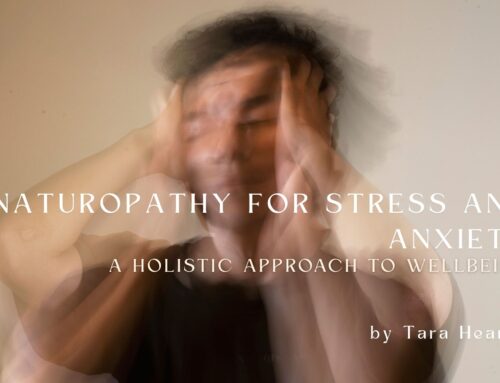How are you sleeping?
This is something I like to ask to all of my patients.
Sleep is such a huge determining factor to our mental and emotional wellbeing as well as daily energy levels. And if things in this area aren’t going as well as they could, Acupuncture and Chinese medicine treatment may help it to improve.
It’s startling to realise the amount of people suffering from sleep difficulties in recent times. From the stress of the COVID era to the extreme uncertain times of today, it can be understood how nervous system dysregulation can wreak havoc on your ability to get a good night sleep. This seeming never-ending cycle of stress and anxiety can take its toll. Sound familiar?
I recently heard about the term “revenge procrastination bedtime” which I found, as a working Mum, immediately relatable. Its roots come from a Chinese saying that explains how we delay bedtime due to the fact we work all day and often don’t get enough time to ourselves to relax and enjoy the things we like. So to get “revenge” on the stressors of the day, we stay up late to reclaim some “me time”. The unfortunate effect of this is to ultimately reduce the total hours of rest available to us, thus negatively impacting our overall state of health and acuity of mind.
While sleep hygiene can make a big difference to sleep quality and quantity, it may not be enough if your nervous system is on high alert in sympathetic, flight or fight mode. Here we see increasing levels of cortisol and adrenalin at night due to chronic stress. These levels should be decreasing at night with an increase of melatonin to ready the body for sleep.
Screen time before bed may also interferes with circadian rhythms by increasing levels of cortisol production at a time it should be winding down. Giving your nervous system the right avenues to be able to calm and regulate enough to switch back into parasympathetic mode, (rest and digest) is the key to allow sleep to come. Therefore, along with creating a steady bedtime allowing for at least 8 hours of sleep, relaxation and meditation techniques, having at least an hour of screen free time before bed can be proactive ways to help encourage the nervous system to relax and calm.
Acupuncture and Chinese medicine may help to restore and strengthen the connection between the heart and kidneys which acts as a regulator for the sympathetic and parasympathetic nervous systems. Studies also show that Acupuncture and Chinese herbal medicine can stimulate melatonin production and decrease anxiety by helping to regulate your nervous system to induce sleep and reduce disruptions to sleep through the night.
Chinese Medicine Sleep Tips
A fabulous tip I love to impart to those finding sleep difficult is to do a hot foot bath before bed. It’s simple and very relaxing way to circulate your kidney qi for sleep:
- Find a bucket that will fit your feet,
- Fill it with warm water and add a tablespoon or two of Epsom salt or regular salt and stir.
- Finding a quiet place to sit without screens or distraction and allow yourself to sit with the quiet and let your feet soak in the warmth.
- Some slow deep breaths can assist with relaxing and calming your nervous system.
After a time when the water feels less than warm to your feet, dry them off, climb into bed and relax for a restful sleep.
According to Chinese medicine theory, it relates to all parts being in balance. Yang energy rises with the sun in the daytime and is responsible for the energy we experience to do all the things in life. As the sun goes down yin energy becomes dominant and yang energy goes inward for sleep. The Chinese medical theory is that at night your Shen, understood as thought or spirit, needs to sink down and anchor into the heart center. If there is not enough energy, due to stress, trauma or prolonged overworking during the day, it may be difficult for the Shen to rest peacefully down in the heart. If this happens, the mind is busy overthinking and sleep is delayed disturbed.
Chronic Pain
However, it is important to identify any other reasons for the difficulty in sleeping, to be able to direct treatment accordingly. For example, chronic pain or arthritis may play a role. Being able get comfortable enough to fall asleep and stay asleep is important. Each case of Musculoskeletal pain presents and is treated on an individual basis – therefore resolving or managing the pain with Acupuncture and Chinese herbal medicine may bring relief and contribute to a better ability to sleep.
Hormonal Balance
If difficult sleep relates to overheating and feeling restless, Acupuncture and Chinese herbal medicine can help to regulate hormones and support immune function that contributes to hot flushes at night that disturb sleep. Thyroid hormones, cortisol and melatonin all have a close relationship with circadian rhythms along with metabolic processes that regulate body temperature. These fluctuations can often relate to menopause and also to the premenstrual phase, which may not be as well known.
Sleep Apnoea
Can you breathe properly or do you suffer from sleep apnoea? Acupuncture and Chinese herbal medicine may be an effective way to reduce inflammation and damp stagnation (think phlegm) in this situation and can be a support to reduce bodyweight to lessen sleep apnoea symptoms.
Digestive Problems
Perhaps digestion is the issue keeping you awake, with symptoms such as bloating, nausea, cramps or wind at night time. The relationship between the gut and brain is becoming more well known within western medicine research in recent times. However, it is a well known relationship within Chinese medicine frame work of understanding the body. Using Chinese medicine pattern differentiation and diagnosis can help to recognise the pattern of disharmony and then create an individual treatment plan targeting the root cause of these symptoms.
To conclude, sleep is vital for our health and wellbeing. If you are experiencing issues with your sleep, whether it’s difficulty falling asleep, staying asleep, or feeling unrested in the morning, Acupuncture and Chinese medicine may be able to help.
The root causes of sleep disturbances are complex and interconnected. By taking a holistic approach and addressing imbalances in your nervous system, hormones, digestion, pain levels, and more, Chinese medicine can work to restore balance and improve your sleep.
If you have tried improving your sleep but are still struggling, as experienced practitioner I can help get to the root of what’s causing your sleep dysfunction and create a customized treatment plan to help resolve it.
Don’t continue to suffer through sleepless nights, consider booking an appointment to see how Acupuncture and Chinese medicine can help you achieve the restful sleep your mind and body needs.
Dr Nicola Loizou
Nicola graduated from the 5-year full time Bachelor course at the Sydney Institute of Traditional Chinese Medicine and has undertaken official internships with two of Sydney’s most renowned physicians. She has spent 4 years as an intern of Daniel Deng and 3 years as an intern of David White, which has provided her with valuable experience in treating a vast array of conditions. As part of her studies Nicola spent time as an intern in the Guangzhou City Hospital of Traditional Chinese Medicine in China where she trained in the dermatology, paediatrics, gynaecology, oncology and internal medicine department.
If you would like to benefit from the years of experience with Dr Nicola – Book Here.
READ MORE ABOUT CHINESE MEDICINE
Main image: Kinga Howard









Leave A Comment